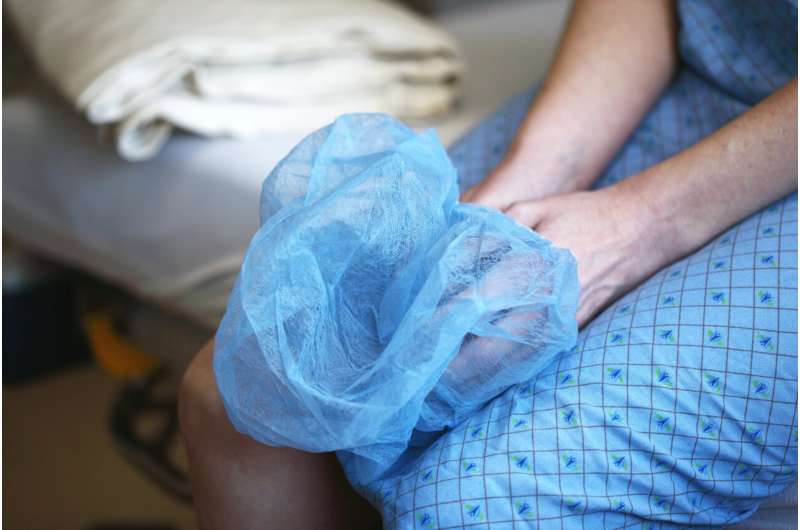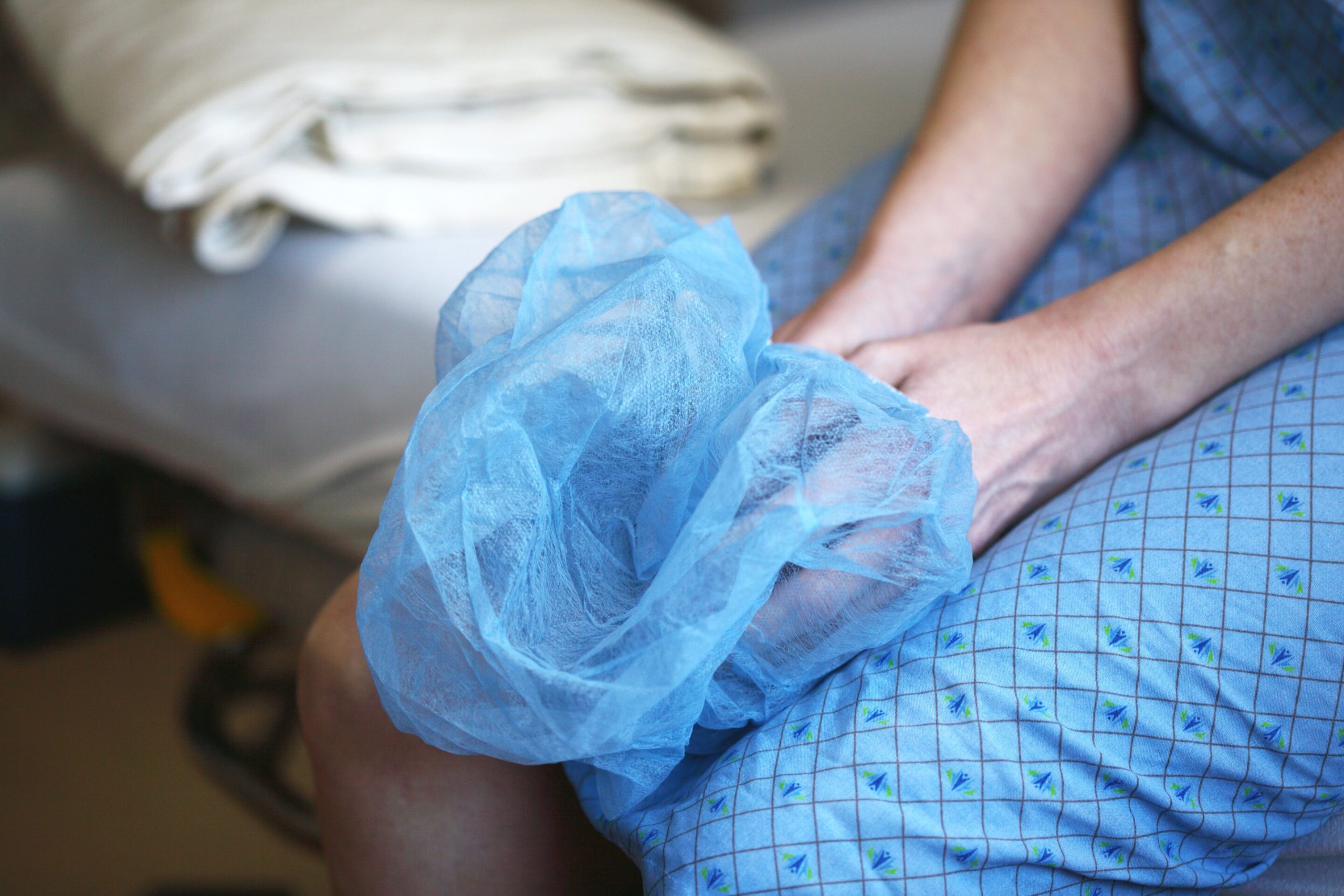
There was no difference in complications in patients who fasted or did not fast before cardiac catheterization procedures requiring conscious sedation, according to late-breaking research presented in a Hot Line session Sept. 1 at ESC Congress 2024.
“Fasting before a cardiac catheterization procedure has been recommended to reduce the risk of inhaling the stomach contents and developing aspiration pneumonia. However, for procedures in the catheterization lab, fasting may not reduce aspiration risk and there are downsides, such as patient discomfort, water depletion, poor blood sugar control and unnecessary fasting for delayed/canceled procedures.
“In the SCOFF trial, we were able to show no increased risk of complications with normal eating and that is good news for patients and for health care professionals,” said Principal Investigator, Dr. David Ferreira of the John Hunter Hospital, Newcastle, Australia.
The investigator-initiated, randomized SCOFF trial, with a prospective open-label, blinded endpoint design, assessed the non-inferiority of no fasting prior to cardiac catheterization laboratory procedures requiring conscious sedation.
Patients who had been referred for coronary angiography, coronary intervention or cardiac implantable electronic device-related procedures were recruited. They were randomized 1:1 to fasting before the procedure (no solid food for six hours and no clear liquids for two hours) or to no fasting where the patient was encouraged to have regular meals as usual, but this was not mandatory.
The primary composite endpoint was hypotension, aspiration pneumonia, hyperglycemia and hypoglycemia assessed with a Bayesian approach.
Secondary endpoints included contrast-induced nephropathy, new intensive care admissions post-procedure, new ventilation requirements post-procedure, new intensive care unit admissions, 30-day readmissions, 30-day mortality, 30-day pneumonia and pre-procedure patient satisfaction.
In total, 716 patients were recruited from six sites in New South Wales, Australia. The mean age was 69 years and 35% were female. As expected, fasting times were longer with fasting compared with no fasting (solid fasting 13.2 hours vs. 3.0 hours, clear liquid fasting 7.0 hours vs. 2.4 hours).
The primary composite outcome occurred in 19.1% in the fasting group and 12.0% in the no-fasting group. In an intention to treat analysis, the estimate of the mean posterior difference was −5.2% (95% confidence interval [CI] −9.6 to −0.9) favoring no fasting. This result confirmed the non-inferiority of no fasting, based on a non-inferiority margin of 3% with a likelihood of greater than 99.5%.
No fasting was also potentially superior to fasting for the primary outcome with a likelihood of 99.1%. There was an absolute risk difference between the groups of 7.1% in favor of no fasting, with a number needed to treat of 14.1 to prevent one primary outcome event.
In analyses of secondary outcome events, no apparent differences were observed without and with fasting. Patient satisfaction was significantly better without fasting vs. with fasting when assessed via a questionnaire: 11 vs. 15 points where a lower score indicates greater satisfaction (posterior mean difference, 4.02 points; 95% CI 3.36 to 4.67; Bayes factor ≥100).
“Taken together with data from the CHOW-NOW, TONIC and the Fast-CIED trials and from various observational studies, there is now a strong case that fasting is not needed in patients undergoing these types of procedures.
“Removing fasting has been consistently shown to be safe, patients often prefer not to fast and there are logistical benefits to the health care system if patients can eat and drink normally.
“With this new evidence, I think it is now time to reconsider fasting requirements in clinical guidelines,” concluded Dr. Ferreira.
Citation:
Clinical trial confirms that fasting is not needed before catheterization lab procedures (2024, September 2)
retrieved 2 September 2024
from https://medicalxpress.com/news/2024-09-clinical-trial-fasting-catheterization-lab.html
This document is subject to copyright. Apart from any fair dealing for the purpose of private study or research, no
part may be reproduced without the written permission. The content is provided for information purposes only.


